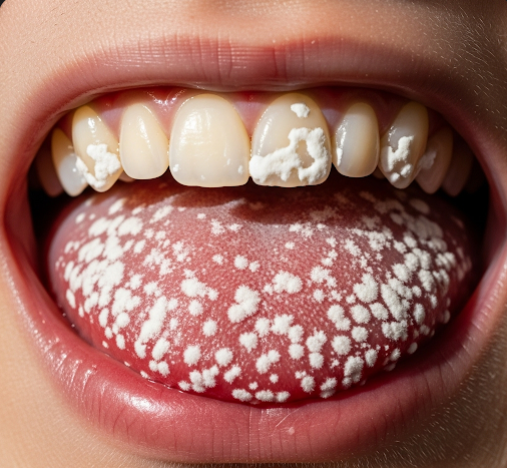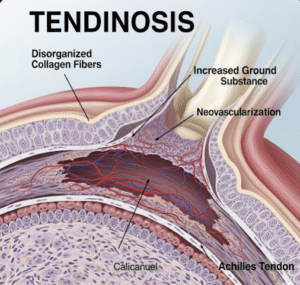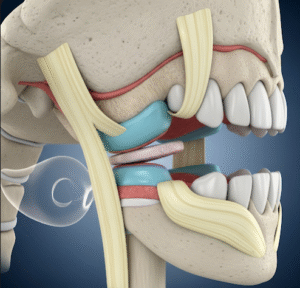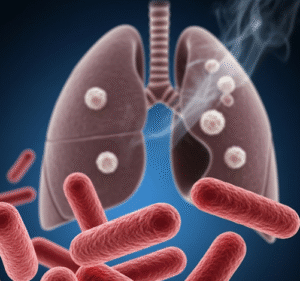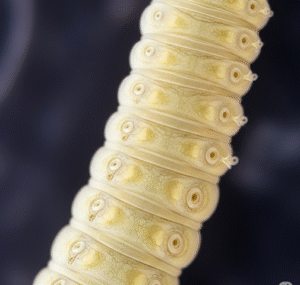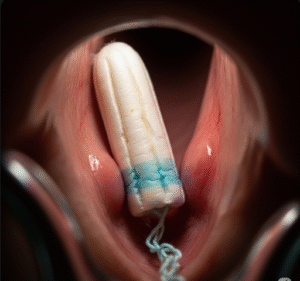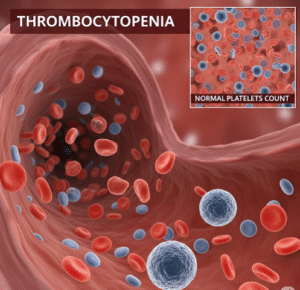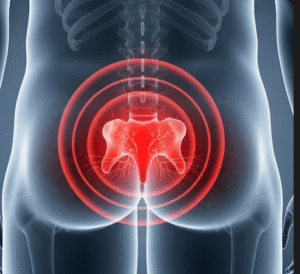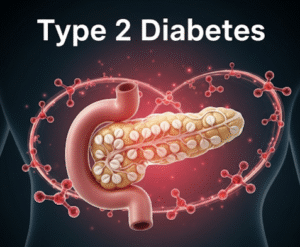Overview
Thrush, also known as oral candidiasis, is a fungal infection of the mouth caused by the overgrowth of Candida species, most commonly Candida albicans. It leads to white patches on the tongue, inner cheeks, and other areas of the oral cavity. Thrush can affect people of all ages, but infants, elderly individuals, and immunocompromised patients are at higher risk. In South Korea, advanced diagnostic facilities, antifungal therapies, and preventive care are widely available, enabling effective management of this common oral infection.
What is Thrush (Oral Candidiasis)?
Thrush is a superficial fungal infection of the oral mucosa caused by an imbalance in the natural microbial flora. Under normal conditions, Candida species exist harmlessly in the mouth, digestive tract, and skin. However, factors such as weakened immunity, antibiotic use, or diabetes can lead to overgrowth, causing characteristic white lesions, inflammation, and discomfort. While typically not life-threatening, untreated thrush can spread to the esophagus or systemic circulation in severe cases.
Symptoms
Symptoms of oral thrush may vary depending on severity and patient age:
- Creamy white or yellowish patches on the tongue, inner cheeks, roof of the mouth, gums, or tonsils
- Redness and soreness of affected areas
- Pain or difficulty while swallowing
- Cracking at the corners of the mouth (angular cheilitis)
- Loss of taste or altered taste sensation
- Mild bleeding if patches are scraped
- In infants, fussiness, difficulty feeding, or diaper rash if Candida spreads
Early recognition is important to prevent complications, especially in immunocompromised patients.
Causes
Oral thrush is caused by overgrowth of Candida fungi due to disruption of the oral environment:
- Weakened immune system: HIV/AIDS, chemotherapy, or immunosuppressive therapy
- Antibiotic or corticosteroid use: Disrupts normal microbial balance
- Diabetes: High blood sugar levels promote fungal growth
- Dry mouth (xerostomia): Reduces protective saliva
- Poor oral hygiene or dentures: Creates an environment conducive to fungal growth
- Smoking: Increases susceptibility to oral infections
Risk Factors
Certain factors increase the likelihood of developing thrush:
- Infants and elderly individuals with weaker immunity
- Use of inhaled corticosteroids for asthma or chronic respiratory conditions
- Diabetes or poorly controlled blood sugar
- HIV/AIDS or other immunocompromising conditions
- Cancer treatments such as chemotherapy or radiation
- Wearing dentures without proper cleaning
- Antibiotic overuse or long-term medication use
Complications
Although usually mild, oral thrush can cause complications if left untreated:
- Spread to the esophagus, throat, or gastrointestinal tract
- Systemic candidiasis in immunocompromised patients, which can be life-threatening
- Pain and difficulty eating, leading to weight loss or nutritional deficiencies
- Recurrent infections, especially in patients with chronic illness or weakened immunity
- Increased risk of secondary bacterial infections in the mouth
Prevention
Preventive measures for thrush aim to maintain oral hygiene and minimize risk factors:
- Brush and floss teeth regularly, including cleaning dentures daily
- Rinse the mouth after using inhaled corticosteroids
- Limit sugar intake and maintain a healthy diet
- Control underlying conditions such as diabetes
- Avoid smoking and alcohol overuse
- Regular dental check-ups, particularly for infants, elderly, and immunocompromised patients
- Use antifungal prophylaxis in high-risk patients under medical guidance
Treatment Options in Korea
South Korea provides comprehensive care for thrush through modern dental and medical facilities:
1. Antifungal Medications
- Topical treatments: Nystatin or clotrimazole lozenges for mild infections
- Oral systemic antifungals: Fluconazole or itraconazole for severe or recurrent infections
2. Management of Underlying Conditions
- Adjusting corticosteroid inhalers and rinsing after use
- Optimizing blood sugar control in diabetic patients
- Addressing dry mouth through hydration or saliva substitutes
3. Supportive Care
- Maintaining excellent oral hygiene
- Dietary modifications to reduce sugar intake
- Regular cleaning and disinfection of dentures or oral appliances
4. Hospital Care and Monitoring
- Severe or recurrent cases, particularly in immunocompromised patients, may require hospitalization for systemic antifungal therapy
- Continuous monitoring for signs of esophageal or systemic spread
5. Cost and Facility Care
Treatment costs in Korea are generally affordable, with specialized dental and medical centers providing both outpatient and inpatient care. Hospitals emphasize patient education, preventive strategies, and follow-up to reduce recurrence and ensure complete recovery.
With prompt diagnosis, appropriate antifungal therapy, and preventive measures, patients with oral thrush in Korea can achieve rapid symptom relief, prevent complications, and maintain oral health effectively.

